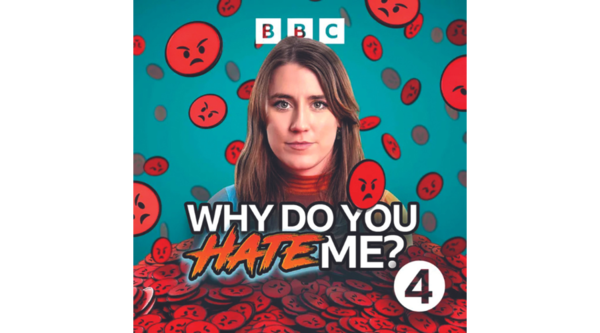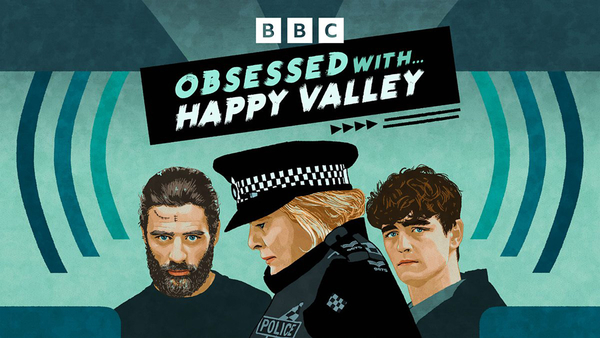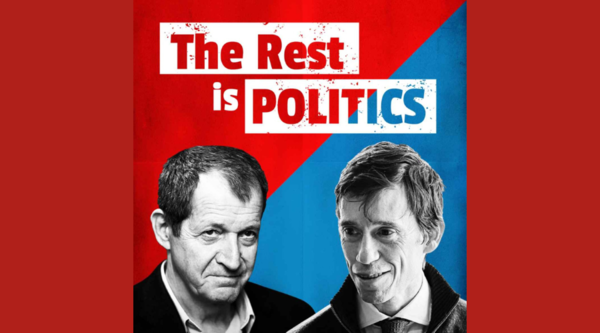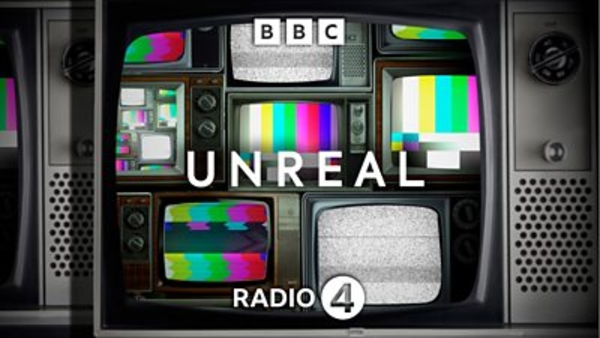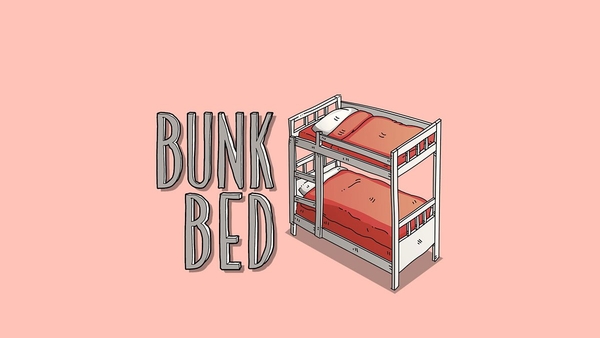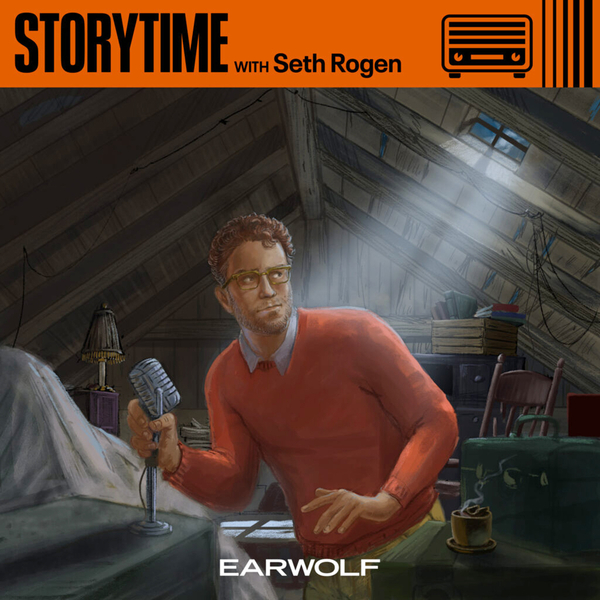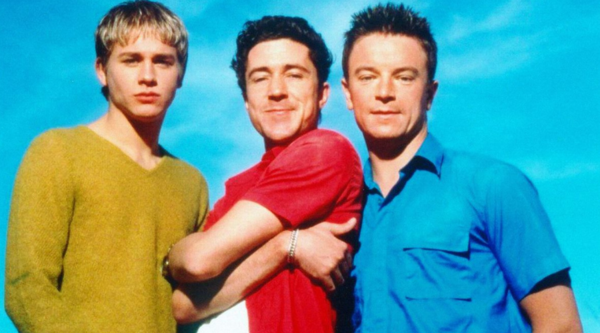Ear Candy: Why Do You Hate Me?
She wasn’t exaggerating. The same profile noted that, of the 14,488 messages marked for review by the BBC’s online abuse monitoring system (between 1 January and late June in 2023), 11,771 were directed at the broadcaster’s Disinformation and Social Media Correspondent.
It’s a tragic irony of the job that, by investigating cases of online hate you inevitably become the victim of one. And yet Spring refuses to back down from this new virtual front line, ie, her inbox.

